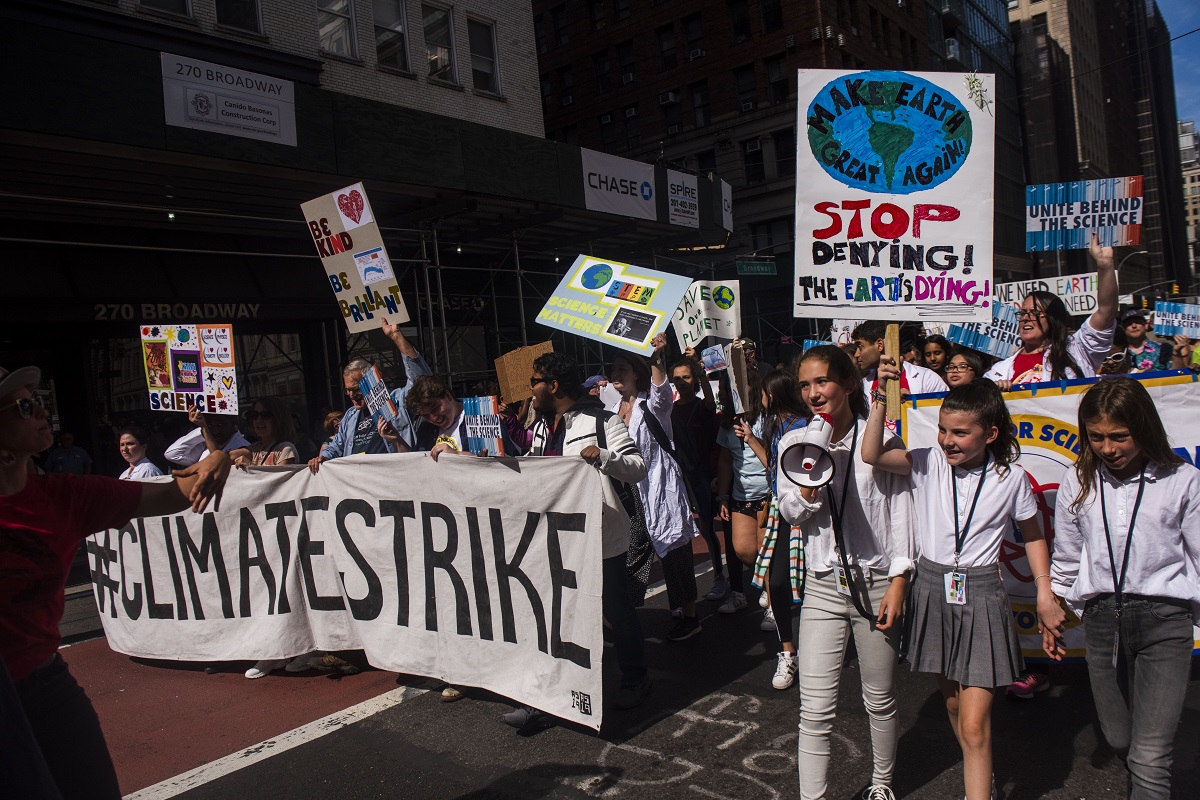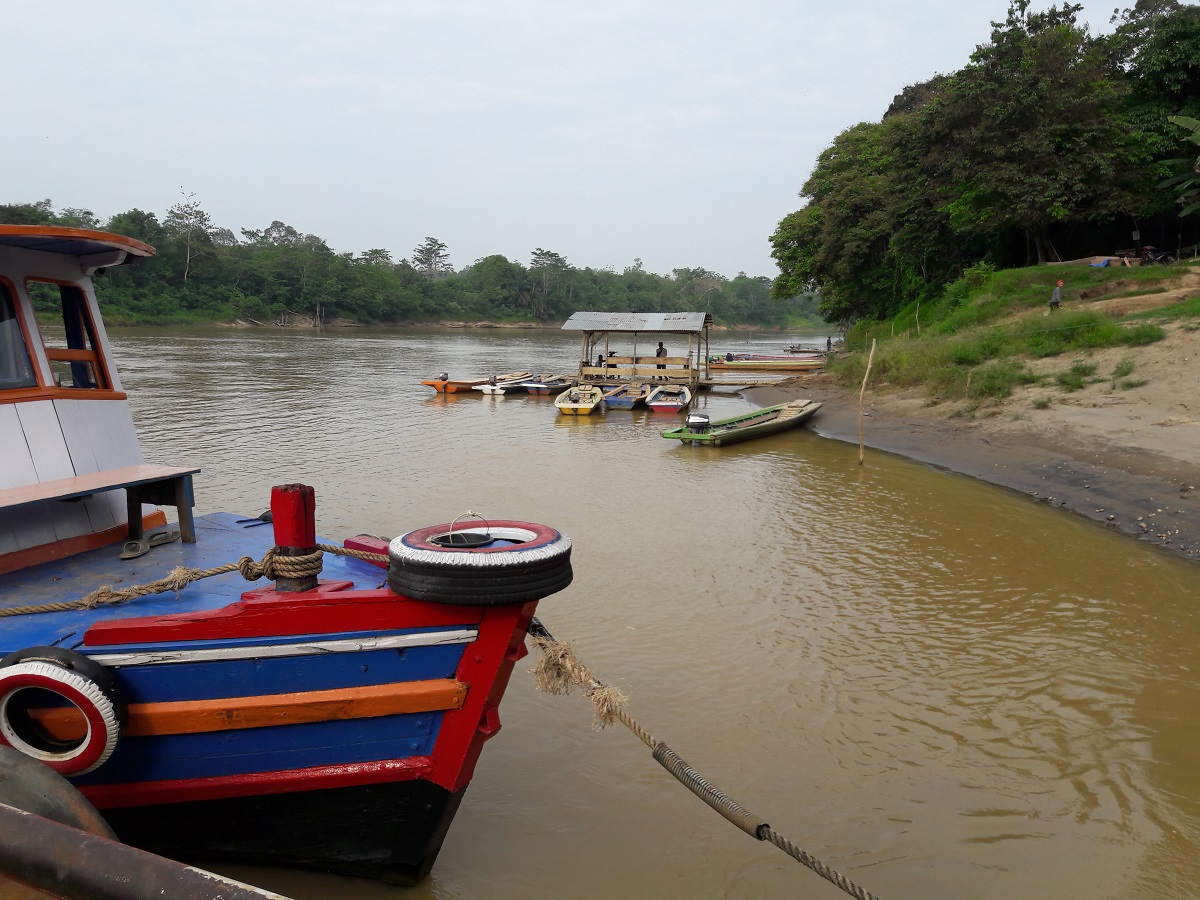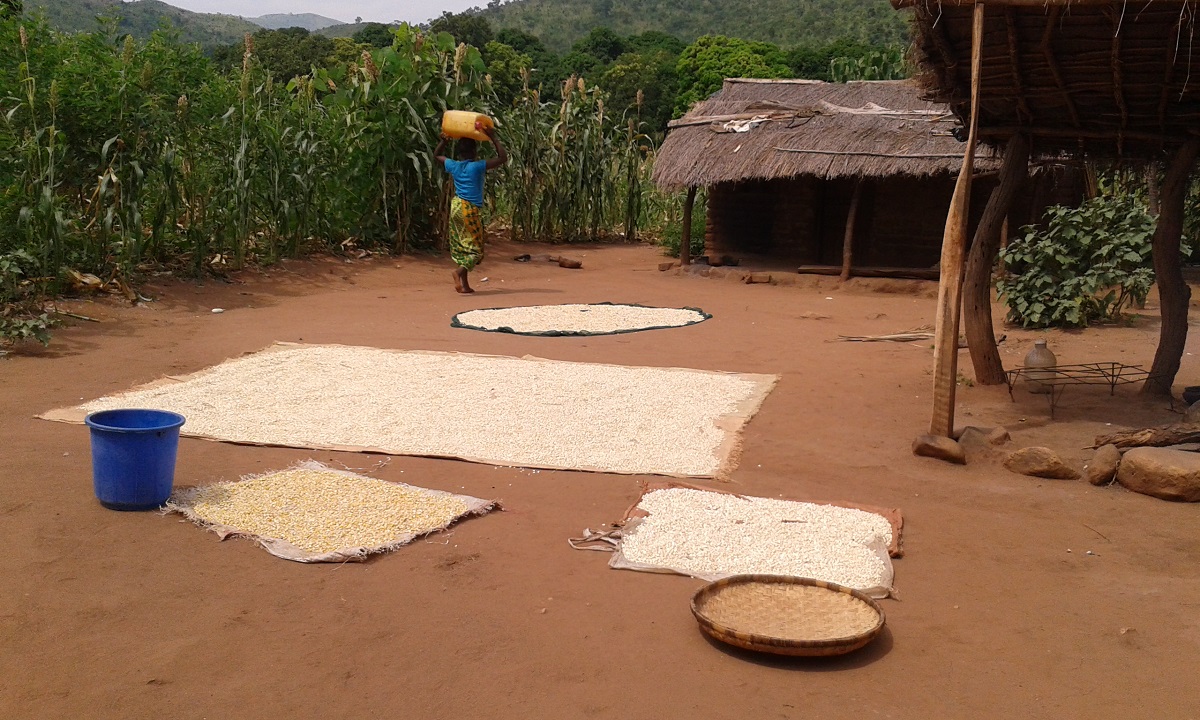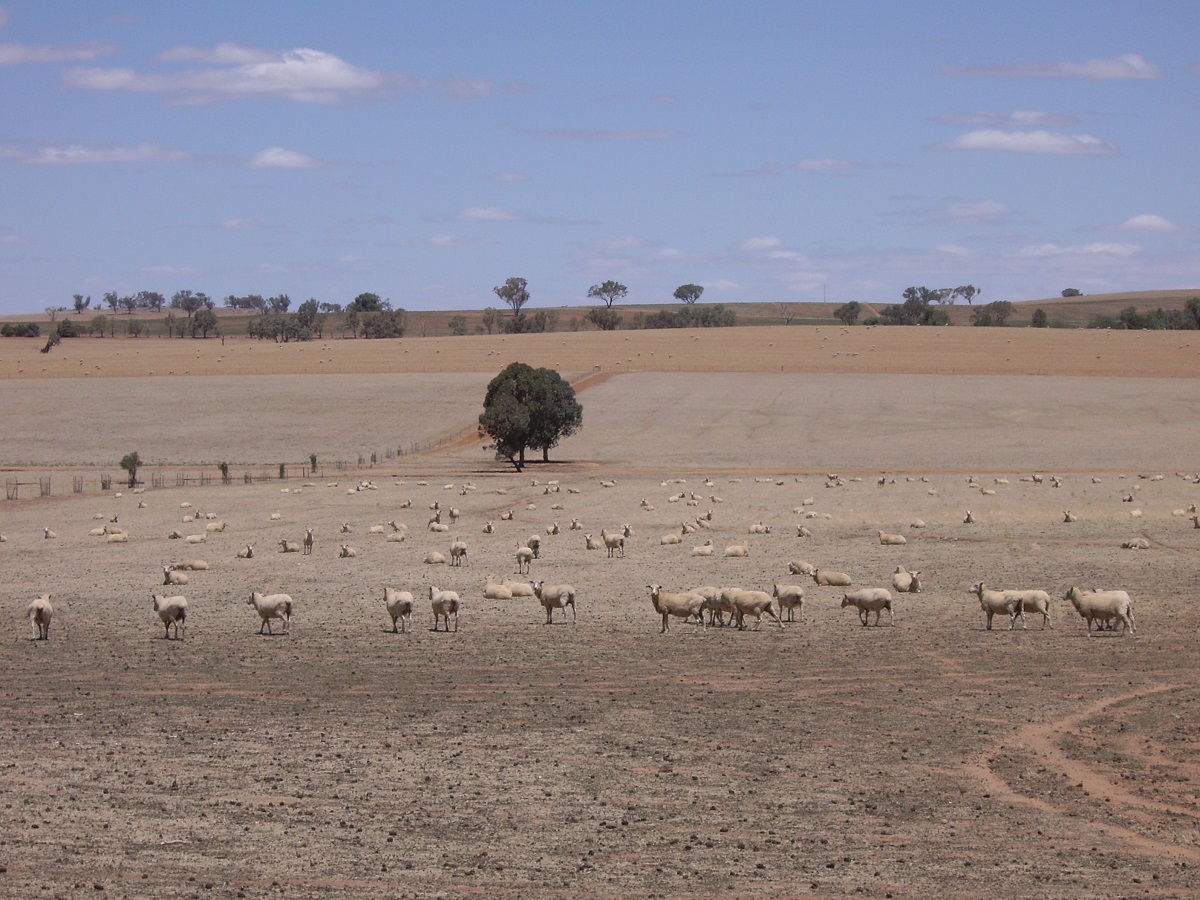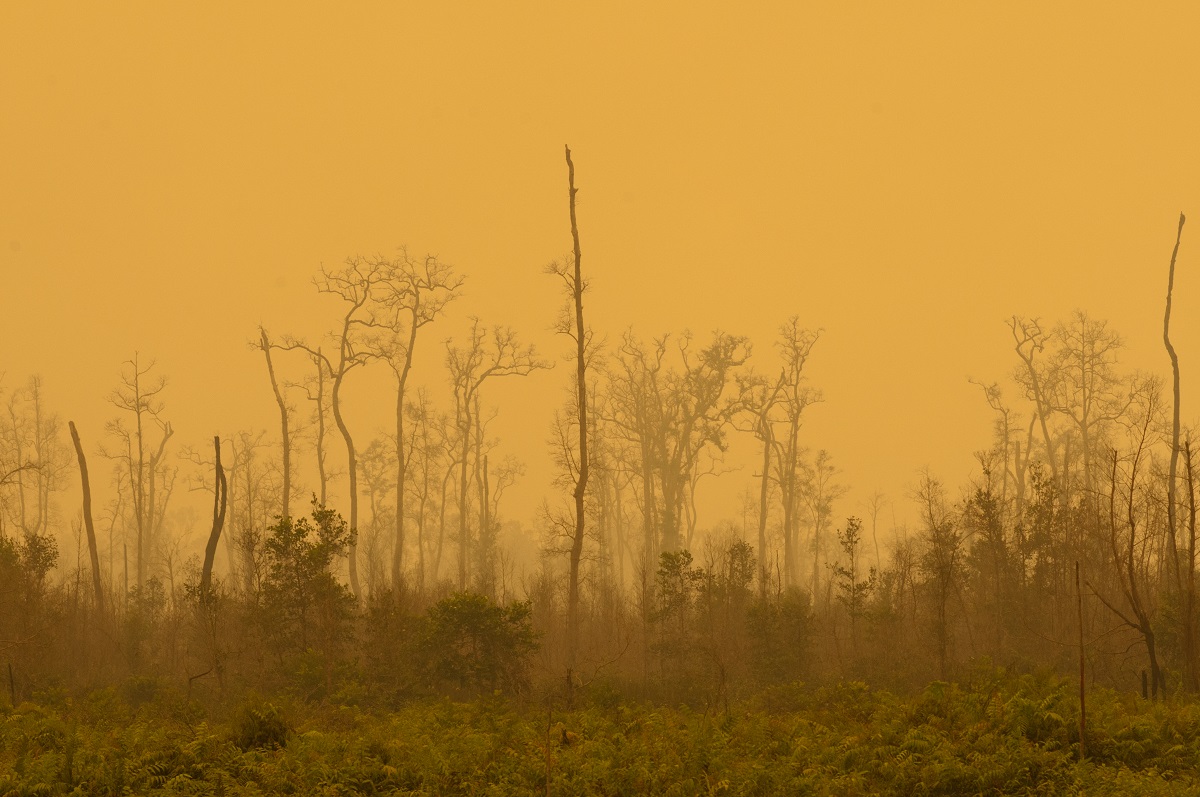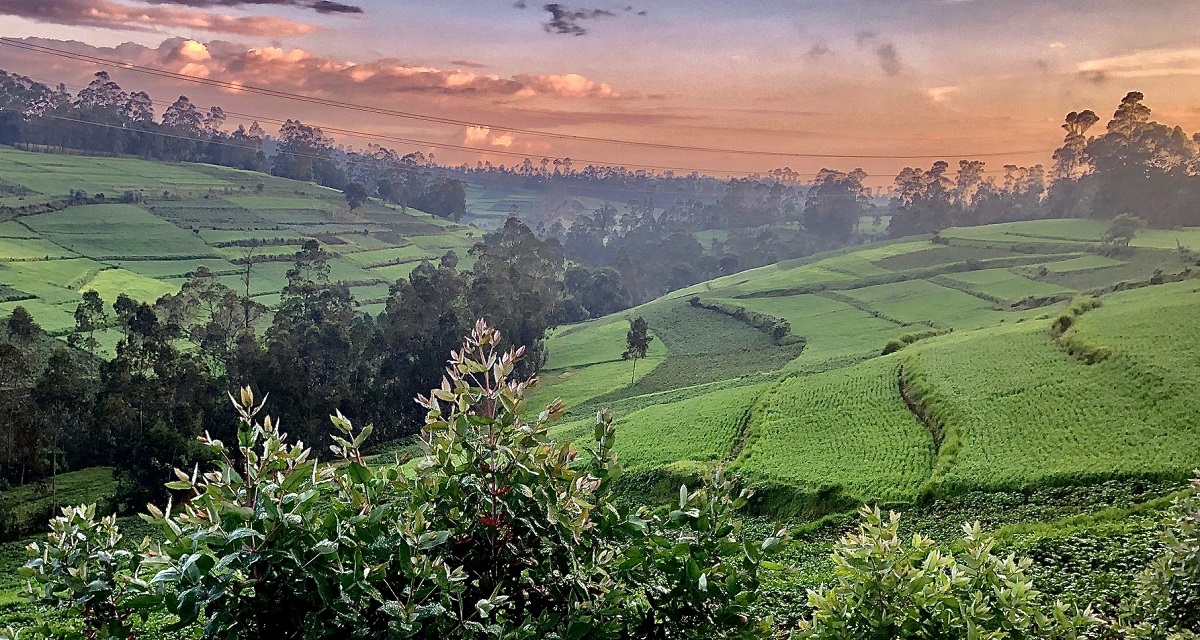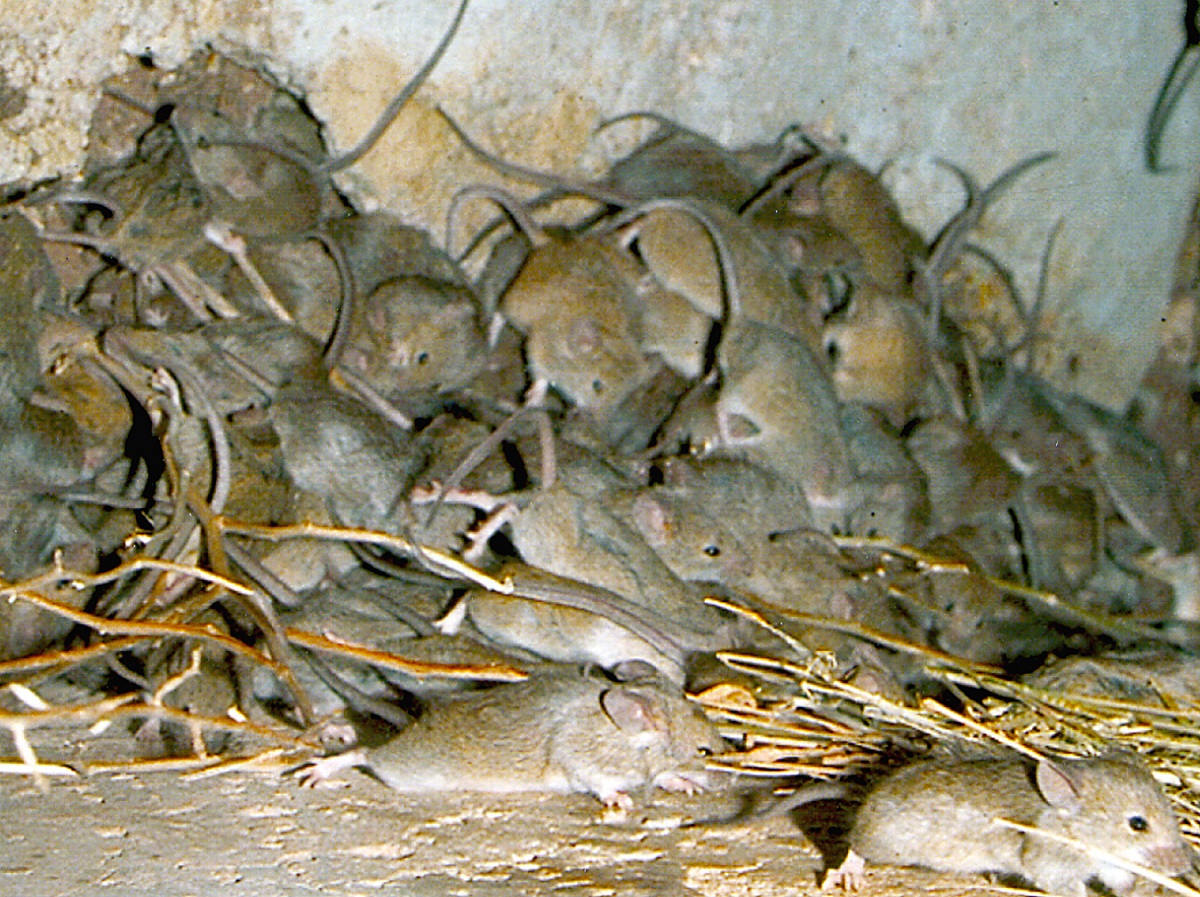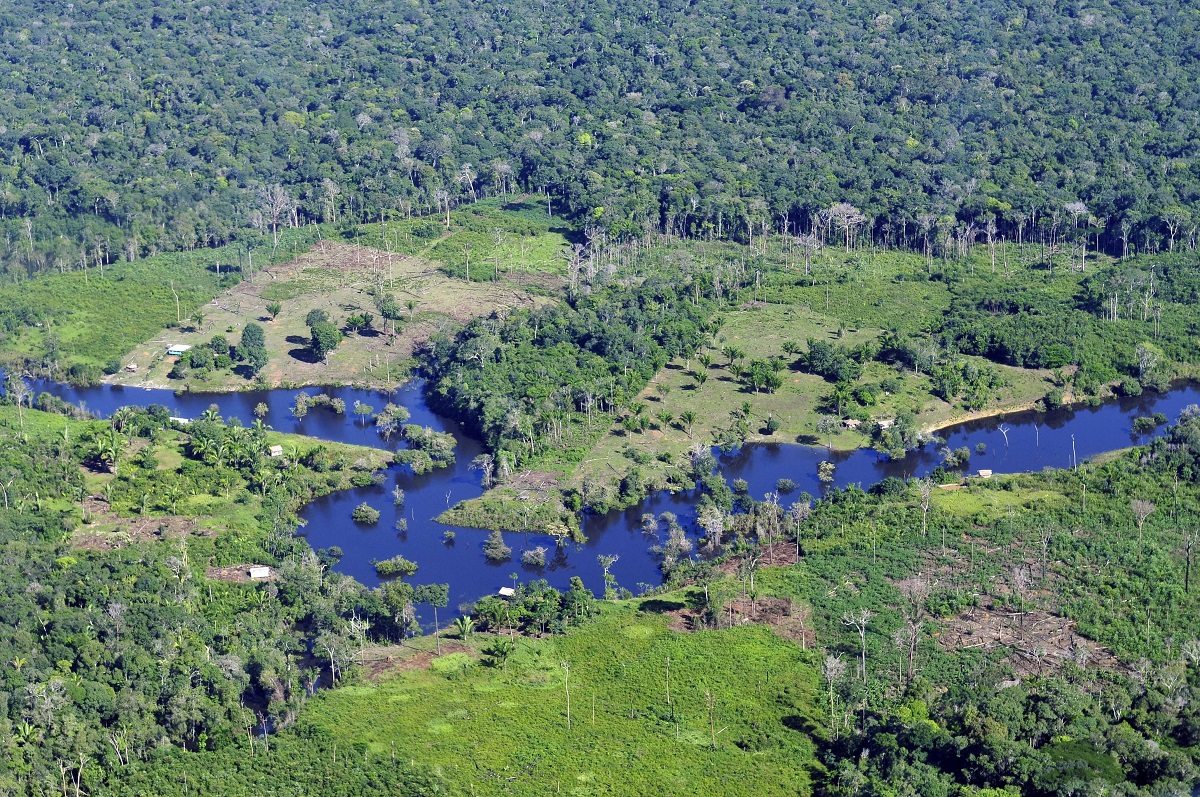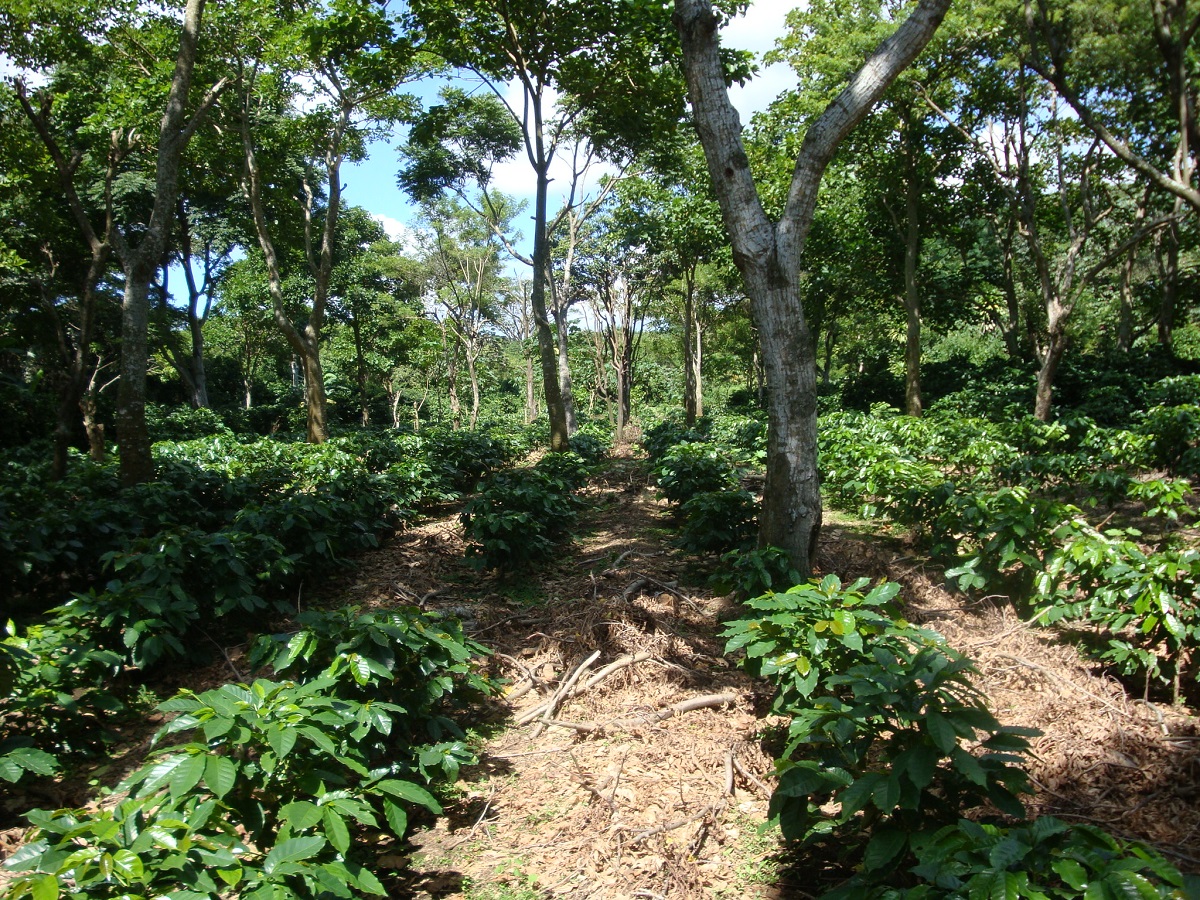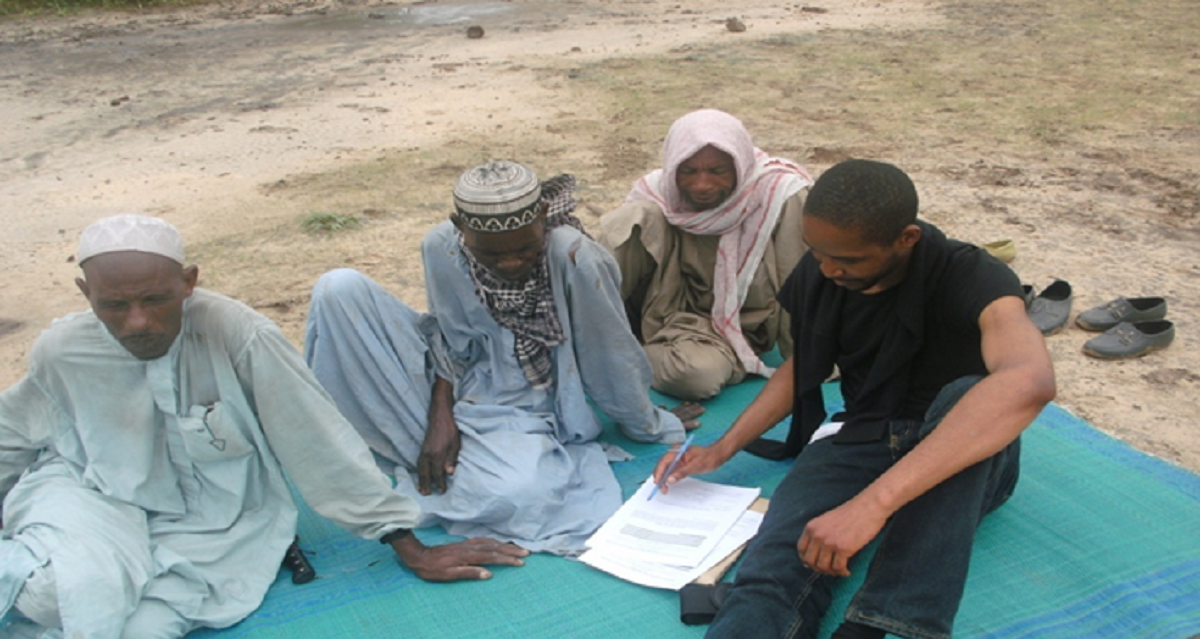News - 2021
“The males just want to dance around, have fun and enjoy copious amounts of sex and sugar. They are alive for about one week and they literally don’t care about anything else.” So began a talk by NRI’s Associate Professor S. Noushin Emami which she...
Terms such as ‘1.5ᵒC’and ‘Net Zero’ have entered the forum of public debate and will likely be assimilated into more common parlance as reporting on these issues continues. The volume of climate-related content in the media is increasing,...
Forests are critically important – they encompass vast terrestrial biodiversity, they are culturally, spiritually, and economically significant to millions of communities and producers, and, because of their role as carbon sinks, their protection...
Take a look in your store cupboard, your fridge, your fruit and vegetable rack, your bread bin… How much of that food will be eaten? How much will be wasted? Read on to find out more, including 14 easy actions that we can all do now to reduce our...
Climate extremes – including droughts, floods, or tropical cyclones – are becoming more frequent, intense, and lasting longer, as demonstrated by the IPCC [1]. Many of these extremes, caused by climate change, can lead to devastating impacts on the...
The relationship between land use and the climate is complex. Changes in land use are being driven by pressures on land and natural resources from increasing global demand for food, fibre and fuel, with challenges such as biodiversity losses and...
“Eating is an agricultural act” – Wendell Berry, US farmer, poet and philosopher.
Agriculture is fundamental to human prosperity, but it is also in direct competition for space with other land ecosystems. While agriculture is called upon to...
“Earth to COP. For those who have eyes to see, for those who have ears to listen, and for those who have a heart to feel. 1.5 degrees is what we need to survive”. This quote is from an arresting speech from Prime Minister Mia Mottley of Barbados at...
NRI’s Professor Steve Belmain recently featured in BBC One’s Panorama ‘Wild Weather’. The programme, which went out on BBC1 on Wednesday 3rd November, investigated a year of wild weather and showed how freak events are becoming increasingly...
Who ‘holds’ the land? Land tenure refers to “the terms under which land and natural resources are held by individuals, households or social groups”. When we are sure of who holds the land where we live, or farm, and we are sure of the conditions of...
Coffee production and prices have always been sensitive to climate change. For over a century now, whenever Brazilian producers are affected by a frost, prices rise, and supply becomes reduced. Even as recently as this year, key coffee-growing...
The relentless anthropogenic warming of the Earth’s climate poses a real security threat for people and communities in fragile countries. This threat has been expressed by a variety of actors at COP26 in Glasgow [1] and advanced in UN Security...



